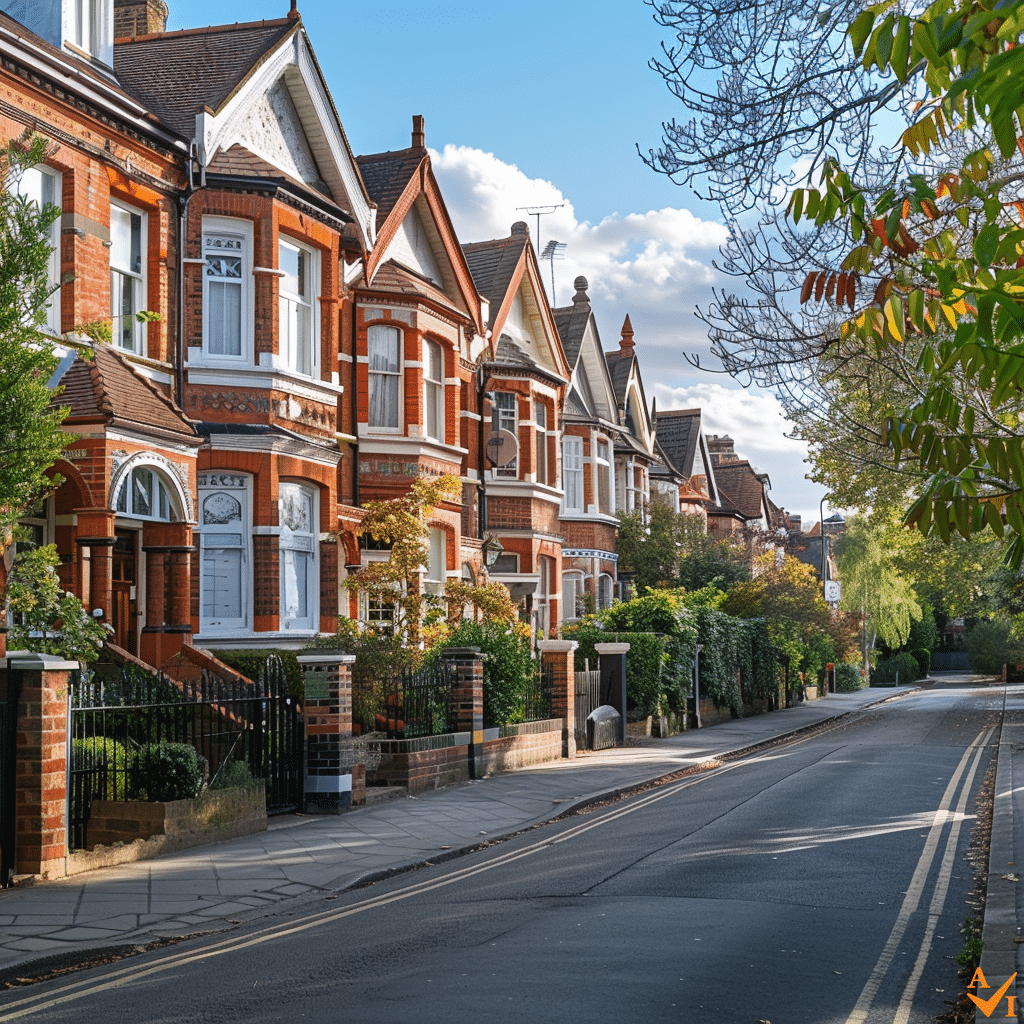When you’re on the hunt for a new home, the decision between leasehold and freehold properties is one of the most crucial you’ll make. The choice determines your rights, responsibilities, and the future value of your investment. So, let’s delve into the world of homeownership and unravel this often confusing maze.
Freehold Unveiled
Owning a freehold means you’ve got the keys to the castle, and the land it stands on, with no expiry date on your reign. As the lord or lady of your manor, you have full control over your property, subject to planning laws and regulations. However, with great power comes great responsibility, and you’re in charge of all maintenance and repairs.
Leasehold Explained
In contrast, a leasehold is akin to a long-term rental. You own the property, but not the land it’s built on, for a set period as stated in your lease agreement. These leases can span several decades, even up to 999 years. However, once the lease expires, ownership reverts to the freeholder, unless you negotiate an extension.
The Cost of Common Ground
As a leaseholder, you typically pay ground rent to the freeholder and service charges for the upkeep of common areas. This is particularly relevant if your property is part of a larger building or complex.
Navigating the Rulebook
Leasehold properties often come with a rulebook of restrictions. You might need permission from the freeholder for major alterations or even to sell the property. It’s crucial to understand these terms before signing on the dotted line.
Extending Your Stay
While leaseholders have legal rights to extend their leases, this can be a costly process. It’s important to consider the length of the lease, as short leases can affect both property value and mortgage options.
The Freedom of Freehold
Freehold properties offer more stability and freedom, as you’re not bound by the terms of a lease. They typically command higher resale values and are less entangled in legal complexities.
Leasehold Considerations
If you’re considering a leasehold, ensure you check the lease length, ground rent, service charges, and any restrictive clauses. The lease terms should be favourable and sustainable in the long term.
Understanding whether a property is leasehold or freehold is fundamental in determining your responsibilities, costs, and rights as a homeowner. This knowledge is vital in choosing a property that aligns with your lifestyle and long-term plans. Remember, the type of ownership not only affects your day-to-day life but also the future value and saleability of your property.





